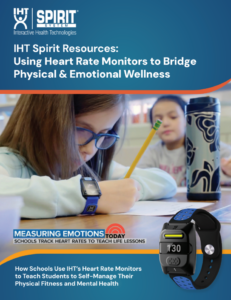May 10, 2017 – A recent study published in Medicine & Science in Sports and Exercise shows that muscular fitness, in addition to aerobic fitness, positively impacts academic performance in adolescents.

The study, titled “Muscular and Aerobic Fitness, Working Memory, and Academic Achievement in Children,” details how fitness impacted the accuracy with which a group of 9 to 11-year-old students responded on academic and cognitive function tests. The study, led by Shih-Chun Kao, a researcher at the University of Illinois at Urbana-Champaign, found more evidence that “aerobic fitness was associated with greater response accuracy and … increased mathematical performance in algebraic functions” while also linking muscular fitness to academic performance.
“Less is known regarding whether muscular fitness also relates to cognition, particularly in children,” he said in April, 2017. “Therefore, we conducted this study as a preliminary one to explore whether there is an association among aerobic fitness, muscular fitness, cognitive function, and academic achievement in children.”
Evaluating impact of muscular fitness on academics
Beginning in Nov. 2013, approximately 90 students ages 9-11 went through an initial screening process that included a Kaufman Brief Intelligence Test and aerobic and muscular fitness assessments that included recording basic information such as height, weight and body mass index. Once qualified, students participated in two days of exercise and academic evaluation with an average gap of eight days between tests.
On Day 1, students completed muscular testing followed by aerobic testing. To measure aerobic fitness, students first underwent a modified Balke stress test, walking on a treadmill at constant pace while increasing the incline every two minutes until exhaustion. For muscular fitness, students performed exercises recommended by the American College of Sports Medicine for pediatric resistance training: push-ups, curl-ups, lunges, body-weight squats and more.
The academic testing took place that same day. Students responded to a series of math and reading comprehension questions in 15 minute sessions. The questions had been adapted from Grades 3-5 California Standards Test forms from 2003-07.
Day 2 consisted solely of the cognitive function testing. Students were shown different shapes in different series and asked to respond as quickly as possible demonstrating recall on whether a shape matched a previous series or not.
Increased response accuracy
The results showed that children with higher muscular fitness exhibited increased response accuracy, though some respondents took longer to answer questions.
“Although muscular fitness was associated with higher accuracy during the working memory test, it was also associated with slower responses time,” Kao explained. “In other words, children who have better muscular fitness might try to slow down for better accuracy during the working memory test.”
The accuracy also existed when aerobic fitness was factored in the reporting. Students with higher levels of aerobic fitness achieved greater mathematical success, particularly when working algebraic functions.
“These results suggest that aerobic and muscular fitness have similar yet differential associations with working memory and academic achievement,” Kao writes. “This study replicated previous findings suggesting that children with higher aerobic fitness are better able to discriminate target from nontarget trials during task conditions imposing greater demands on working memory.”
Skeletal muscle serves as an endocrine organ exerting influence on brain metabolism. Kao uses this science to make the connection between increased muscular fitness and working memory.
“It is plausible that this influence on brain metabolism may be greater in individuals with higher levels of muscular fitness,” he writes. “Collectively, although aerobic and muscular fitness were similarly associated with enhanced working memory, this beneficial association may also be uniquely attributable to muscular fitness.”
Evidence for enhanced PE
Kao’s findings further stress the importance that schools provide quality physical education that focuses both on aerobic and muscular fitness for students.
“Our study tells a story that aerobic exercise is good, but not the only important aspect of physical fitness to cognitive health during childhood,” Kao said. While his study provides some baseline findings, he said more work is necessary to solidify that relationship.
With a growing number of studies making the connection between overall fitness and academic performance and the Every Student Succeeds Act’s focus on providing students with a well-rounded education, schools should devote resources to physical education to help deliver healthy bodies – and minds – to the traditional classrooms.
“Given that development of childhood aerobic fitness has become increasingly emphasized, these data suggest that activities targeting improvement of muscular fitness should also be integrated into school- and community-based youth programs for enhancing cognitive health,” the report concluded.
“[With] more and more research showing the benefits of aerobic and muscular fitness on cognition and academic achievement, I think the question becomes how to make PE class educational and fun but also more effective in improving fitness,” Kao said in April.
The Importance of Innovation and Data
As physical educators explore new curriculum ideas and innovative programming, collecting tangible data can help reinforce to school administrators that students are progressing physically and that improved fitness leads to more academic success.
Interactive Health Technologies continues to lead efforts to help teachers motivate students to improve their fitness through the analysis of heart rate data. By putting them in touch with their individual heart rate data immediately following a class session, teachers give students personalized information that helps them understand the effort necessary to improve their overall fitness.




